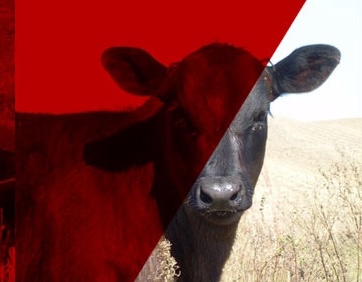Pasture leasing plays an important role in American agriculture. It is important that lease agreements are fair, and in writing. Agreements that treat both parties fairly have more staying power. They are more likely to be renewed, more likely to be followed, and are more enforceable.
Price
Price is usually the first thing ranchers think about when they are deciding whether or not a lease agreement is fair. What is included in the lease, local supply and demand, and landowner-tenant history affect lease price.
Lease rate surveys can provide a starting place for price negotiations.
Stocking Rate
The stocking rate should be plainly stated in the lease agreement. This helps avoid disagreements. It provides the landowner a way to reach their goals for rangeland health and the cattle owner to reach production goals.
Disaster Clause
Grazing leases should include a clause that covers how grazing pressure will be reduced in response to drought or other natural disaster. Specify who will make the decision to reduce stocking rate and how the decision will be made.
Put it in Writing
You should have a written lease agreement. That written agreement should include everything that you discussed during lease negotiations.
Pasture Rental Arrangements for Your Farm
Ag lease 101 is a great website with many resources related to leasing.
Get Legal Counsel
Pasture leases are binding agreements. It is important to get legal advice before entering into any legally binding agreement.

